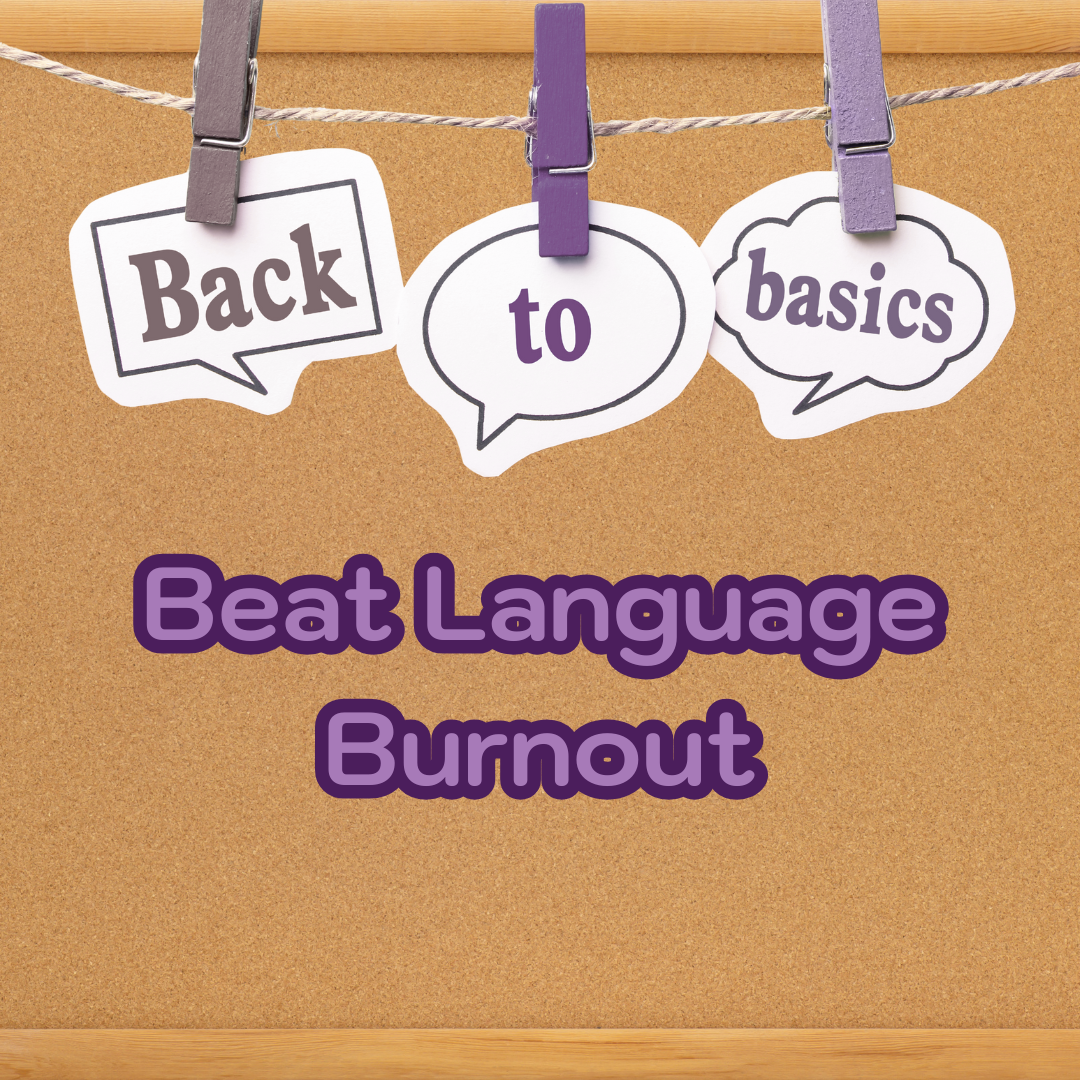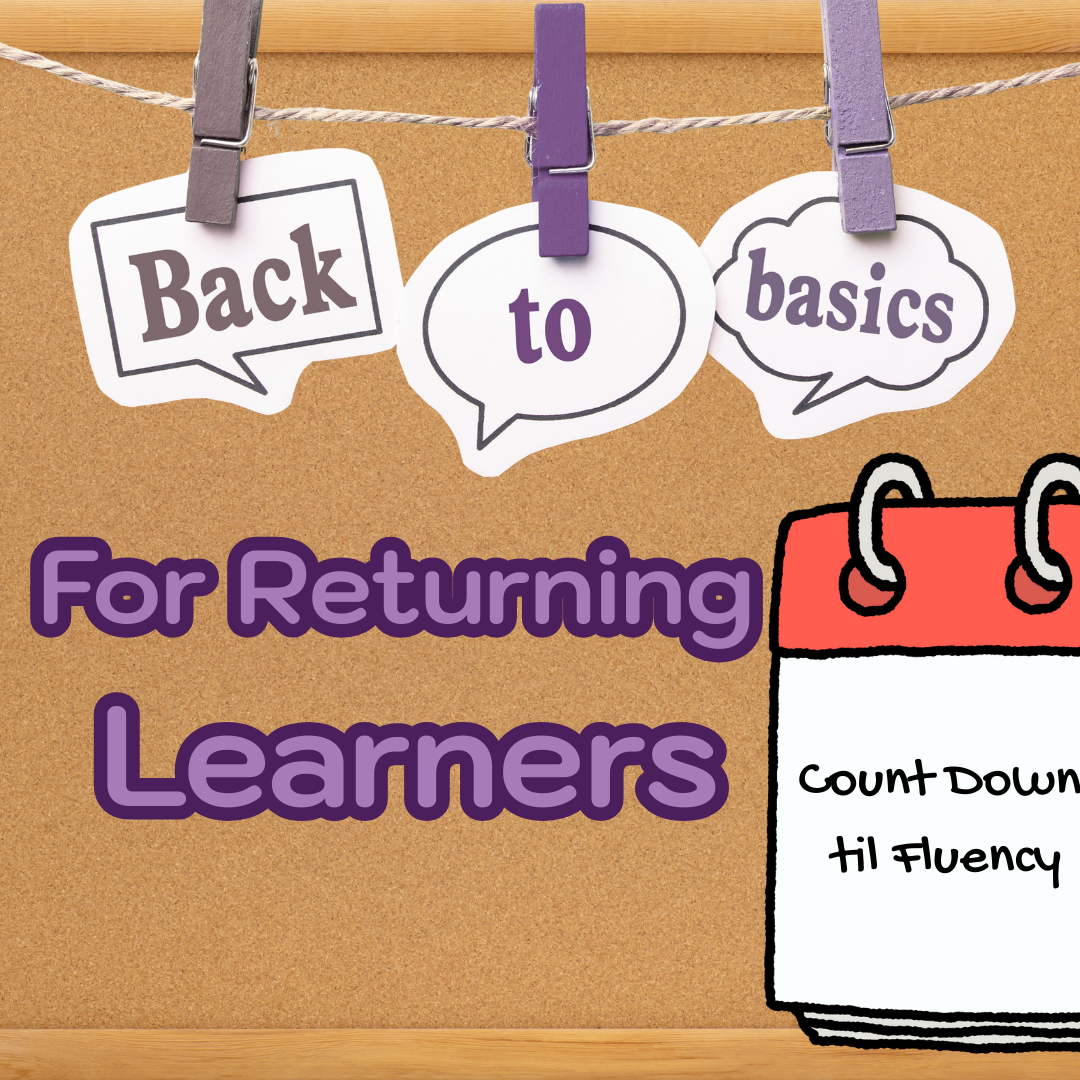Why Practicing a Language While Tired Makes You a Stronger Traveler
When most of us think about language study, we imagine the “perfect” setup: well-rested, tea in hand, notes neatly arranged, and a clear mind ready to absorb new words. That’s cute, but life, and especially travel, rarely offers such ideal conditions. Sometimes you’re exhausted, jet-lagged, or even frustrated, and yet you still need to communicate. That’s why practicing your target language while tired isn’t just a test of discipline but a way to train your brain for the real-world challenges of being a traveler.
Building Mental Endurance
Think of language learning like training for a marathon. Sure, sprinting feels great when your legs are fresh, but what happens when fatigue sets in? That’s where endurance is built. Speaking or practicing while tired forces your brain to stretch beyond its comfort zone, pulling words from memory even when focus is low.
This builds what I like to call “mental language endurance”, the ability to stay in your target language even when conditions aren’t perfect. When you practice under fatigue, you’re strengthening your ability to recall vocabulary and structure sentences under stress, which mirrors the unpredictability of real travel situations.
The Jet Lag Example
Imagine this: you’ve just landed in a new country after a 14-hour flight. You’re jet-lagged, your body thinks it’s 3 a.m., and your head is pounding. But you still need to check into your hotel, order food, and maybe even explain to a taxi driver where you’re going. And did I mention your phone is dying?
In those moments, there’s no option to say, “I’ll wait until I’m well-rested to communicate.” You have to communicate now. Practicing while tired prepares you for exactly these scenarios. You’ve already trained your brain to push through fatigue and make itself understood.
Shifting Perspective: From Frustration to Training
It’s easy to feel frustrated when words don’t come as quickly when you’re tired. Instead of seeing it as failure, try reframing it as training. Just like athletes intentionally push themselves in difficult conditions, language learners can view speaking while tired as a deliberate way to toughen their skills.
Over time, you’ll notice a difference. Words will come more naturally, even when your brain feels foggy. That’s not an accident. It’s the result of practicing in less-than-perfect conditions.
Practical Ways to Practice While Tired
You don’t need to drain yourself on purpose, but you can create small opportunities to challenge your brain when energy is low:
One-Sentence Challenge: At the end of a long day, write or say just one sentence in your target language.
Sleepy Listening: Play a short podcast or song before bed, letting the rhythm of the language wash over you even if you’re half-asleep.
Morning Mumble: First thing in the morning, before coffee, greet yourself or describe the weather in your target language.
Jet Lag Simulation: If you’re preparing for a trip, try practicing at odd hours. It sounds silly, but it mimics the disorientation you’ll feel abroad.
The Traveler’s Responsibility
At the end of the day, traveling is about connection. It’s not just about checking sights off a list; it’s about communicating with the people who live there. As travelers, it’s our job to bridge the gap, and that includes making the effort to be understood, even when we’re not at our best.
By practicing when tired, you’re not just learning vocabulary or grammar. You’re building resilience, patience, and adaptability. Those qualities will serve you far beyond language learning; they’ll shape you into a more present, respectful, and resourceful traveler.
Happy Sleepy Studies
So next time you’re tempted to skip practice because you’re tired, consider doing just a little. A sentence, a greeting, a short exchange. Not because it’s easy, but because it prepares you for the moments when communication matters most.
Travel doesn’t wait for perfect conditions, and neither should your practice.








Being able to communicate, even when tired, is part of the traveler’s responsibility.